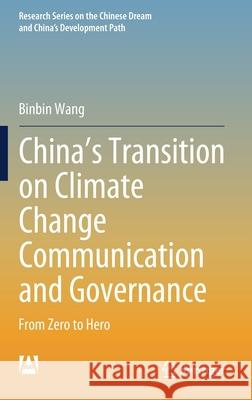China's Transition on Climate Change Communication and Governance: From Zero to Hero » książka
topmenu
China's Transition on Climate Change Communication and Governance: From Zero to Hero
ISBN-13: 9789811588310 / Angielski / Twarda / 2020 / 215 str.
China's Transition on Climate Change Communication and Governance: From Zero to Hero
ISBN-13: 9789811588310 / Angielski / Twarda / 2020 / 215 str.
cena 563,56
(netto: 536,72 VAT: 5%)
Najniższa cena z 30 dni: 501,19
(netto: 536,72 VAT: 5%)
Najniższa cena z 30 dni: 501,19
Termin realizacji zamówienia:
ok. 16-18 dni roboczych.
ok. 16-18 dni roboczych.
Darmowa dostawa!
Kategorie:
Kategorie BISAC:
Wydawca:
Springer
Seria wydawnicza:
Język:
Angielski
ISBN-13:
9789811588310
Rok wydania:
2020
Wydanie:
2021
Numer serii:
000904285
Ilość stron:
215
Waga:
0.45 kg
Wymiary:
24.13 x 19.3 x 1.52
Oprawa:
Twarda
Wolumenów:
01
Dodatkowe informacje:
Wydanie ilustrowane











